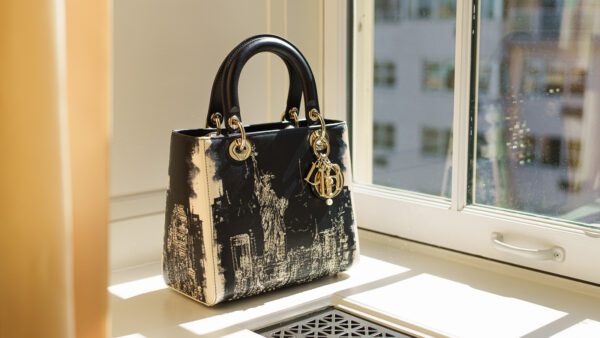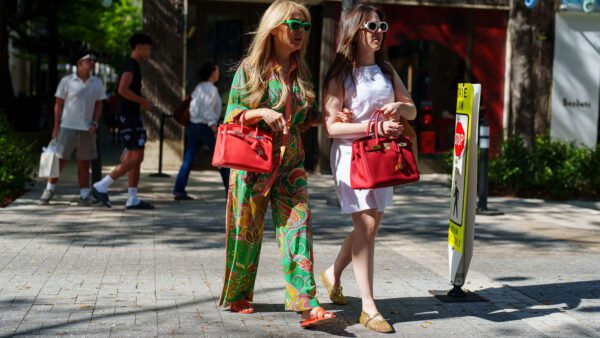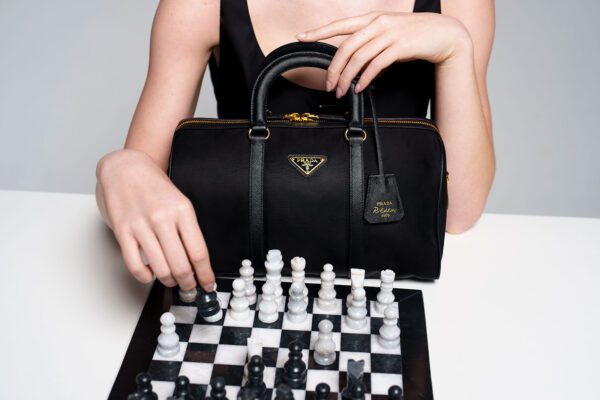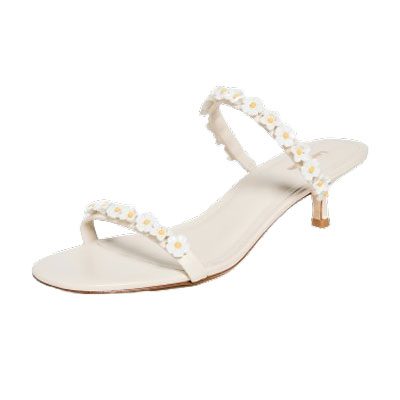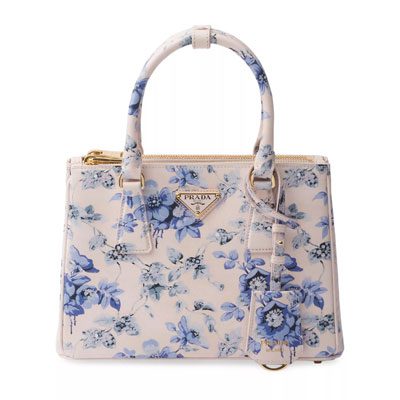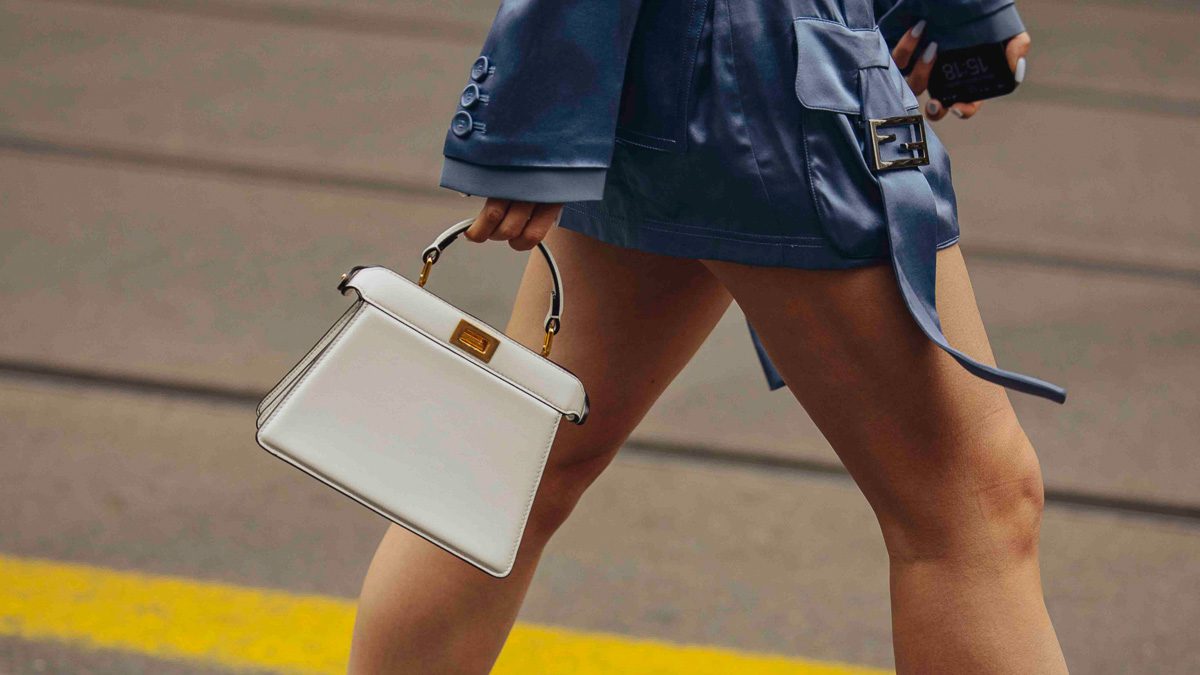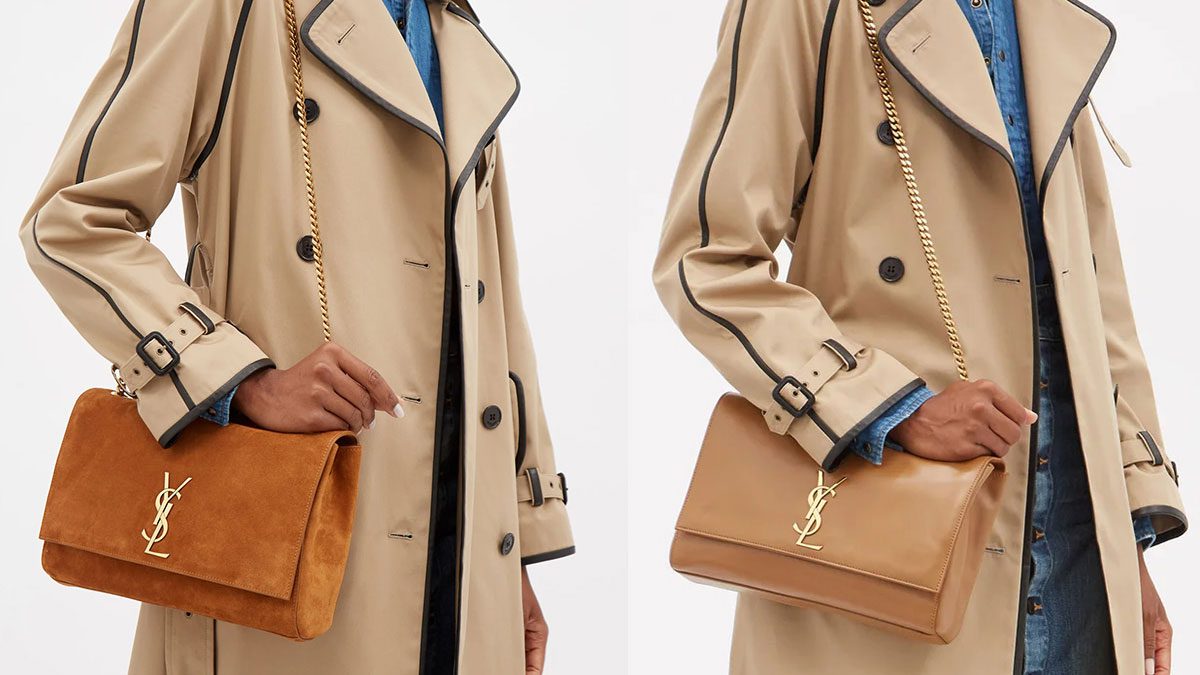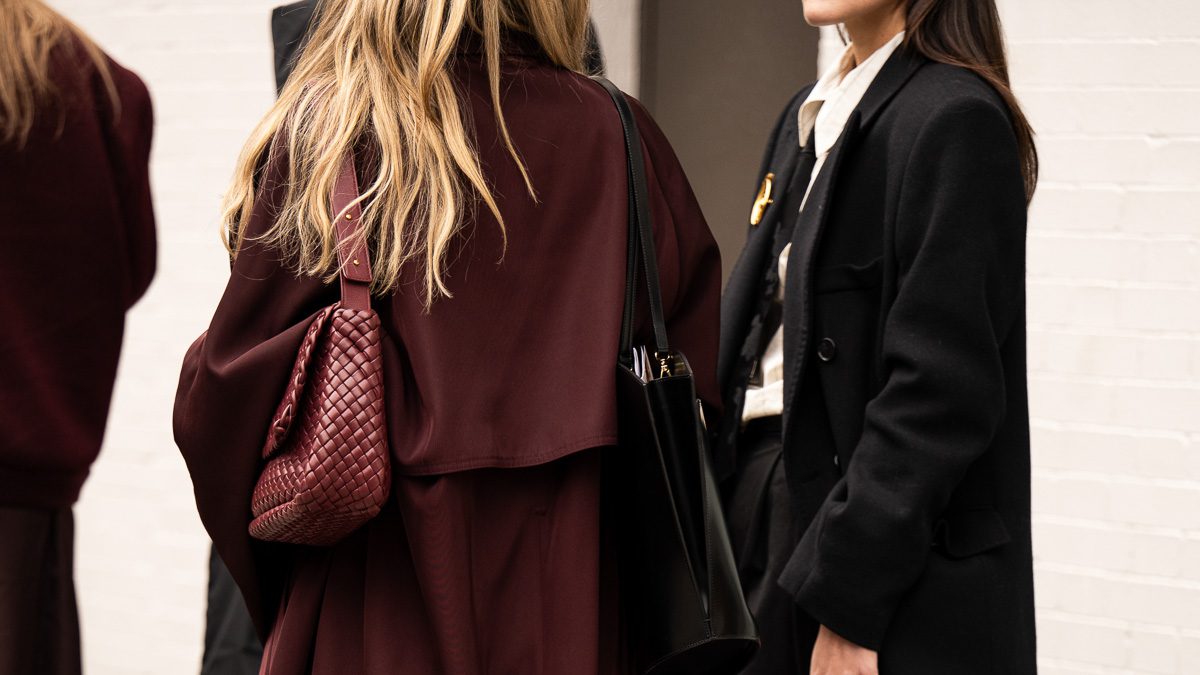“We will do what we always do – deny, half-apologize, and then go silent a while.” – Glass Onion: A Knives Out Mystery (2022)
What do we expect from a luxury brand? Whichever way you slice it – be it quality and exclusivity or transparency and sustainability, consumers of today want it all. And fashion houses big and small are now rushing to check things off a list that’s quite likely never-ending. Pushing boundaries, coming up with the next it-accessory, striking the delicate balance between visibility and over-exposure while also entertaining social dialogue – the burden on the brands is harsher than ever.
But what happens when there’s a slip-up – a failure to fulfill said expectations? Thanks to social media, consumers quickly pinpoint a brand’s faults (rightfully so). And if enough voice their disapproval, the brand may even be canceled in the court of public opinion!
Welcome to the era of cancel culture, everybody.
Now, boycotting is nothing new, and the cancel culture, a modern outgrowth of boycotting, essentially arises from good intentions. But can it go too far? The Balenciaga scandal that unfolded recently goes to show that it might, with the brand’s former fans going so far as to engage in dramatic displays of protest.
Could it, however, spell the end for Balenciaga?
Balenciaga Isn’t the Only One
The house’s initial half-hearted response, its attempt to deflect blame with a lawsuit against the production designers, and on the whole, trivialize a serious issue, have since prompted a wave of denouncements, with a trending #cancelbalenciaga hashtag. That is only to be expected. What seems somewhat out-of-proportions, however, is consumers going out of their way to destroy their Balenciaga merchandise – slicing up handbags and burning sneakers – live on social media. And even then, many have claimed that the brand hasn’t received the outrage it deserves.
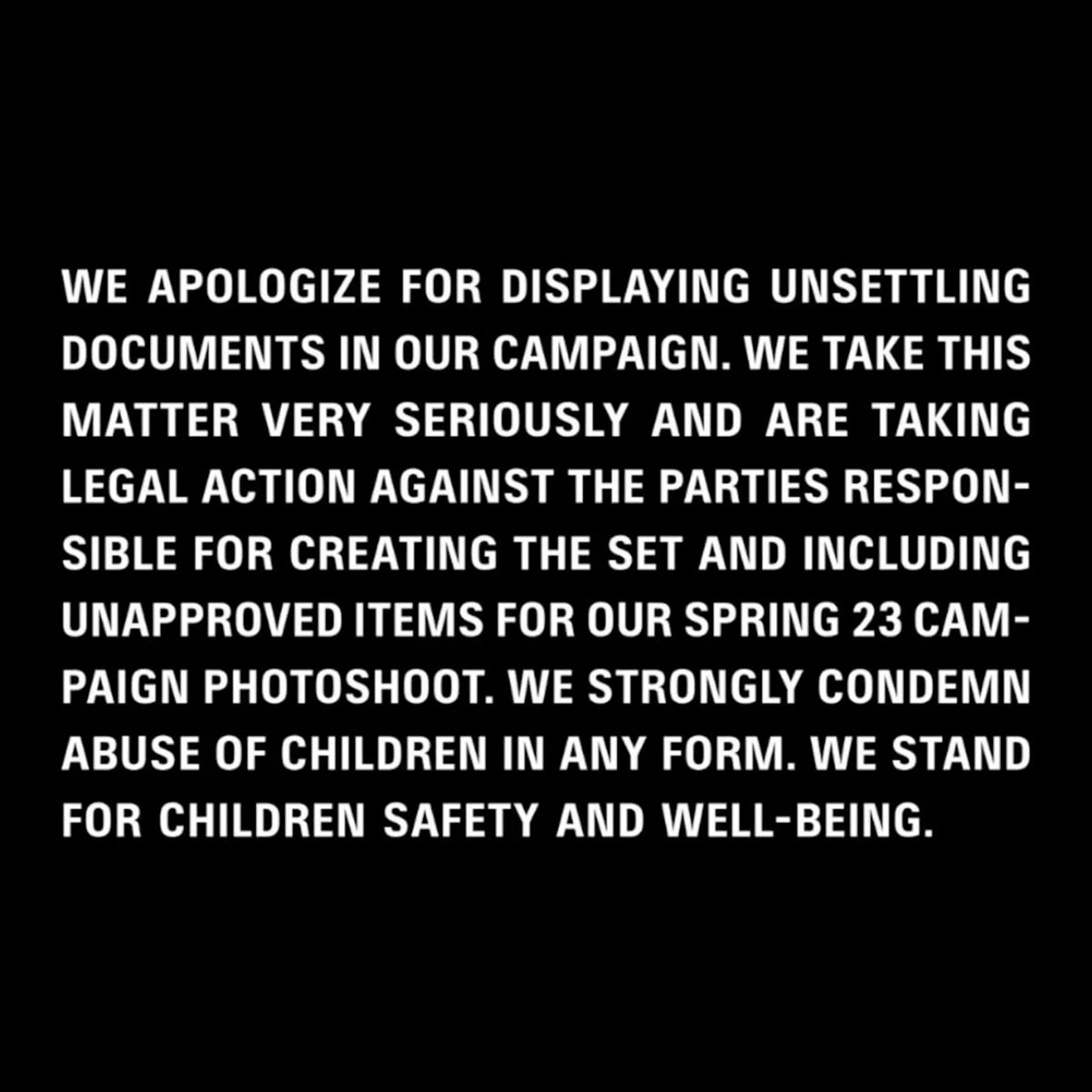
But it isn’t the first time the brand has rubbed people the wrong way. Its ultra-distressed sneakers and $1,790 luxe trash bag have been deemed to be an appropriation of poverty and homelessness. In fact, Balenciaga isn’t even the first brand to engage in transgressive behavior. Dolce & Gabbana has had a long, problematic history of promoting homophobia, anti-Asian sentiments, fat-shaming, and more. And designer Alexander Wang has been accused of sexual abuse.
Yet, the backlash towards Balenciaga has been the fiercest so far. Is it because we draw the line at children, or are we not canceling it right?
Is There a Right Way to Cancel?
I recently saved up and finally acquired a Balenciaga Work from the brand’s Nicolas Ghesquière-era – a special purchase that I religiously carried until late last year. In the wake of the controversy, however, as all social media seemed busy purging their closets of the brand, it made me pause. Was I expected to destroy it too, or give it away, despite it not being a product of the brand’s present designer?
In fact, the scandal briefly triggered a surge of older Balenciaga styles at artificially low prices on resale, no doubt from sellers spooked by the future prospects of the brand. Instagram handle @balenciaga_files, an online archive of the house’s historical designs also issued a statement condemning Gvaslia and reassuring hesitant followers.
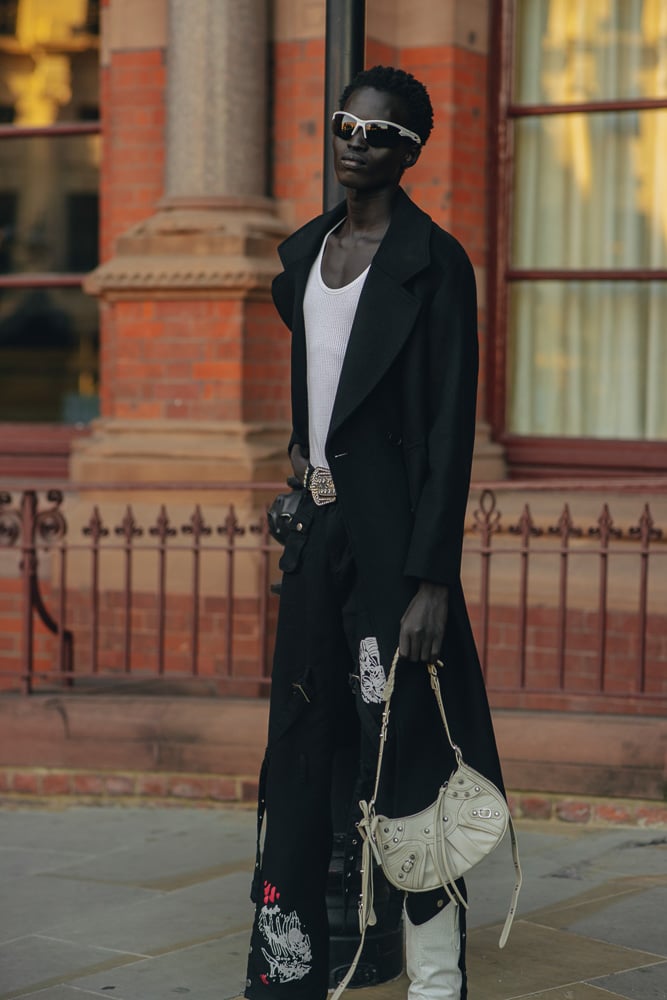
Now, the reputational damage that has resulted from the brand’s cancellation is an inevitable consequence. But in an attempt to be morally righteous, the crowd of critics, which some have likened to an angry mob, have also stifled those who, like myself, prefer the brand’s older designs. It’s not only problematic that one must stop using something possessing intrinsic value for them that surpasses the logo, but also being pressured by others to dispose of it simply generates more waste.
And eventually, the question remains – why is the brunt of the cancel culture particularly harsh on Balenciaga. In contrast, many of its contemporaries have seemingly redeemed themselves, at least in the eyes of the glitterati?
What Does the Path to Redemption Look Like?
Since its initial failed responses, Balenciaga has promised safeguards to evaluate “the nature of content from concept,” partner with children-focused organizations, and halt litigation procedures. Its biggest spokesperson, Kim Kardashian, called it out, too, deciding to “re-evaluate her relationship with the brand.” But while the brand appears to be taking responsibility through these measures and revisions, will it be forgiven anytime soon? With its Steroid boots continuing to sell out, perhaps.
And past brands have successfully maneuvered such crises. John Galliano, for instance, was dismissed by Dior in the face of his anti-Semitic tirade. At the same time, Chanel has also largely distanced itself from its founder since her Nazi affiliations came to light. But it’s also true that onwards of 2020, both Dolce & Gabbana and Alexander Wang have made a comeback, fronted on both occasions by Kardashian herself, despite having done little to redeem themselves. Welcomed by the likes of Condé Nast, Hearst, and Hollywood, D&G has recently found a significant audience in the East as well, even though its racist campaign was directed toward China.
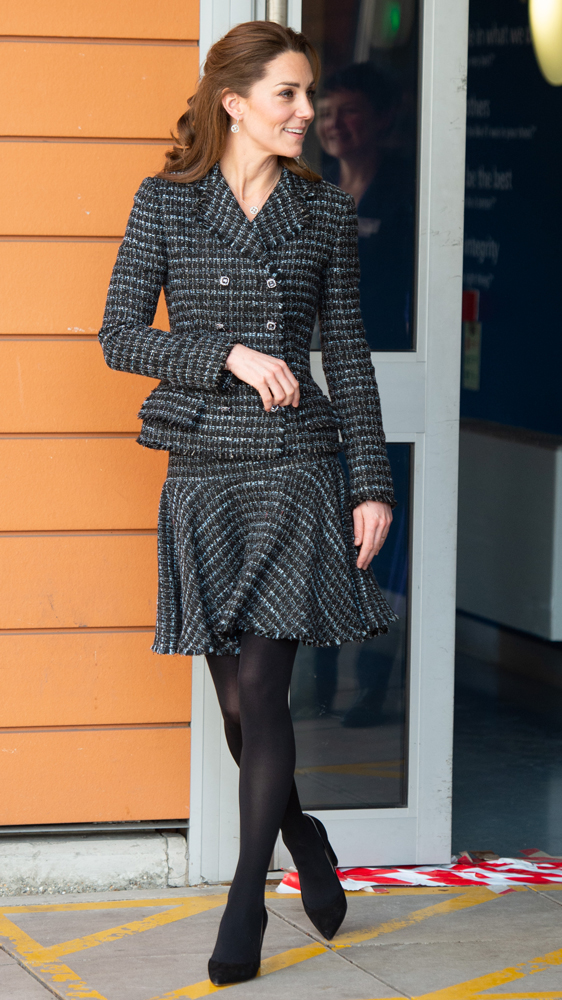
While this may foreshadow a similar trajectory for Balenciaga – maintaining relationships with A-listers and supplying flashy custom red-carpet looks – the dissonance from morality is glaring. It indicates that a brand on the wrong may simply wait long enough while slyly utilizing its influence and pivot back from the land of the canceled without being accountable.
Only time will tell whether Balenciaga commits to its promises or takes the easy way out to get away with it.
At the end of the day, numerous questions remain. Did Balenciaga’s delayed apology tour indicate its plans to “wait it out,” relying on the news cycle’s short-term memory? Does it plan to portray Gvaslia merely as a misunderstood artist?
However, as conscious consumers, one thing’s for sure: we must learn to move forward sustainably. As history repeats itself, any designer may fall from grace. But its result should neither involve stopping consumption entirely in fear of the brand being canceled nor hastily disposing of them. Just like metamorphosis is key for companies, a shift of mindset is also required of us. As clichéd as it sounds, it does, in fact, start with us.

